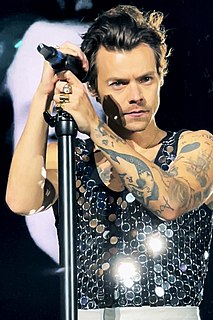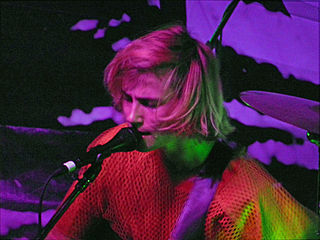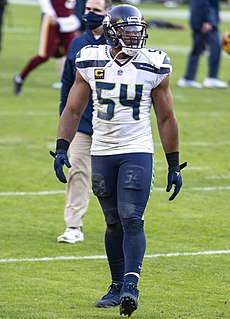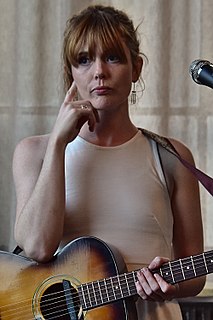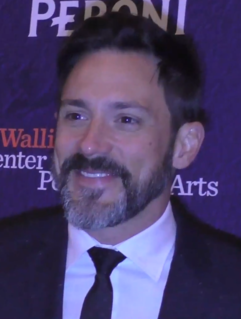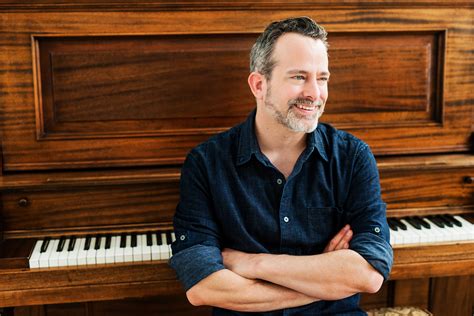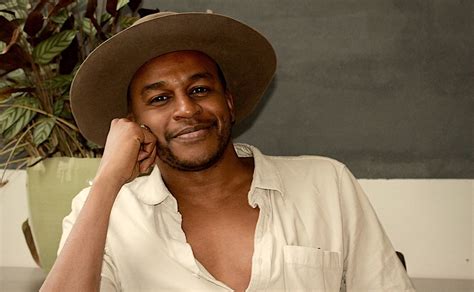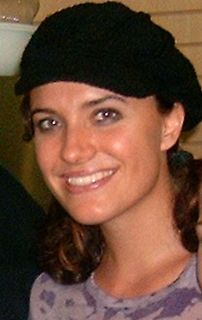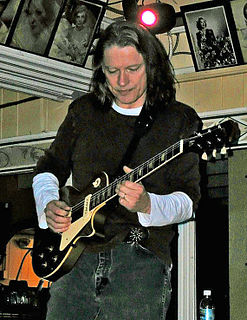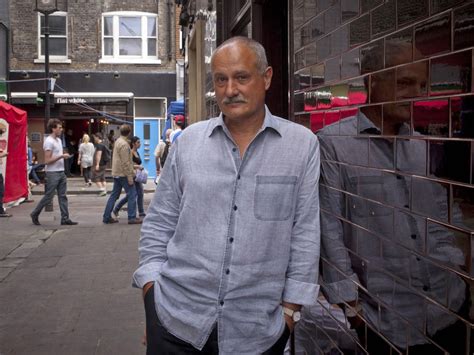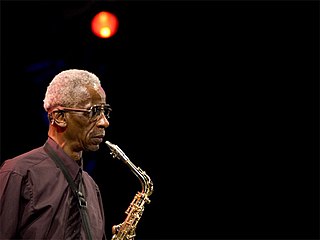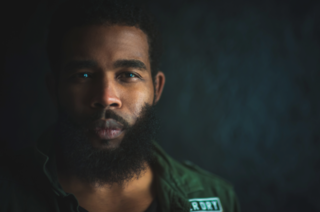A Quote by Harry Styles
You get a lot of who you are as a musician across through the music you write. If you're writing your own music, then it's important to be really honest.
Related Quotes
Most people define themselves by what they do - 'I'm a musician.' Then one day it occurred to me that I'm only a musician when I'm playing music - or writing music, or talking about music. I don't do that 24 hours a day. I'm also a father, a son, a husband, a citizen - I mean, when I go to vote, I'm not thinking of myself as 'a musician.'
I've written arrangements for choirs and strings in the past, but I usually write music with my voice or a keyboard and then I'll get someone who is good at writing scores to write it out. Or, if I have the luxury of time, I will go in a room and hear the people perform and then change it through what I hear, not on paper. I can read music OK, but I probably rebelled a little - music changes into something else when you read it.
A lot of Utah State when I was there, there was a lot of California guys. So, you get a lot of Cali music, you got a lot of dance music, I think the Jerk was popular back then. It was a lot of the music that you can dance to with your teammates. A lot of hip-hop, rap, R&B, it was really fun. It was live in there.
I think my philosophy on music is sort of like the difference between religion and spirituality or religion and faith. There's a lot of bullshit in the music industry. It's really tough to get a leg up and navigate around your gender and stereotypes. You feel hopeless, [but] all of that disappears the minute that I start writing a song. Then I record something and have that magical feeling. You have to have the negative and the positive. Trying to own that and go to that place in yourself creatively is the most important thing.
For me, music is sort of my passion, more so than being an actor. I just never tried to make a career as a musician. It was just something that I did on my own time, just for me. I had written a lot of songs, but I don't really record a lot of music because, for me, it's the same way as a poet: I write to get things out. It's sort of cathartic.
When you go into the whole realm of creating your own music and seeing the project through, it's increasingly difficult because nowadays a lot of people are making music all on their own - the individual instead of the band. And when you have such a solid vision and you spend so much time working on one idea and allowing it to manifest in your mind through a record, and then you have to go and find people to help you see it through live, it gets really overwhelming, to have to project and really clearly state what you're trying to do and how you want them to do it.
I'm very involved on a lot of levels in making of this album," "I wrote on 11 of the 12 tracks which is, creatively, really important to me. I want to be singing my music passionately and when I'm writing from a place where God has been teaching me something new-when I write from that place-it comes across when I'm singing. That's vital to the message and the reality of God that I want to impart with my music.
The most important thing is that you make sure you follow the music, which is a musician's way of saying follow your heart. The two things are intertwined. You know, when you even mention the phrase "music business," the older you get, the sourer it sounds. It's a terrible business, you know. Music and business have nothing to do with each other; there's no correlation, so it's always a rub. I would encourage people, don't be swayed by the music business. If you're truly, in your heart, a musician, stay one, and let the business find you.
Everyone one-on-one will be completely honest about the music that they listen to. But then you get into a group situation, and then it's the cool/uncool debate. I have really done my very best to reinforce the very fact that your heart knows better than your head does what you like when it comes to music and what not.
